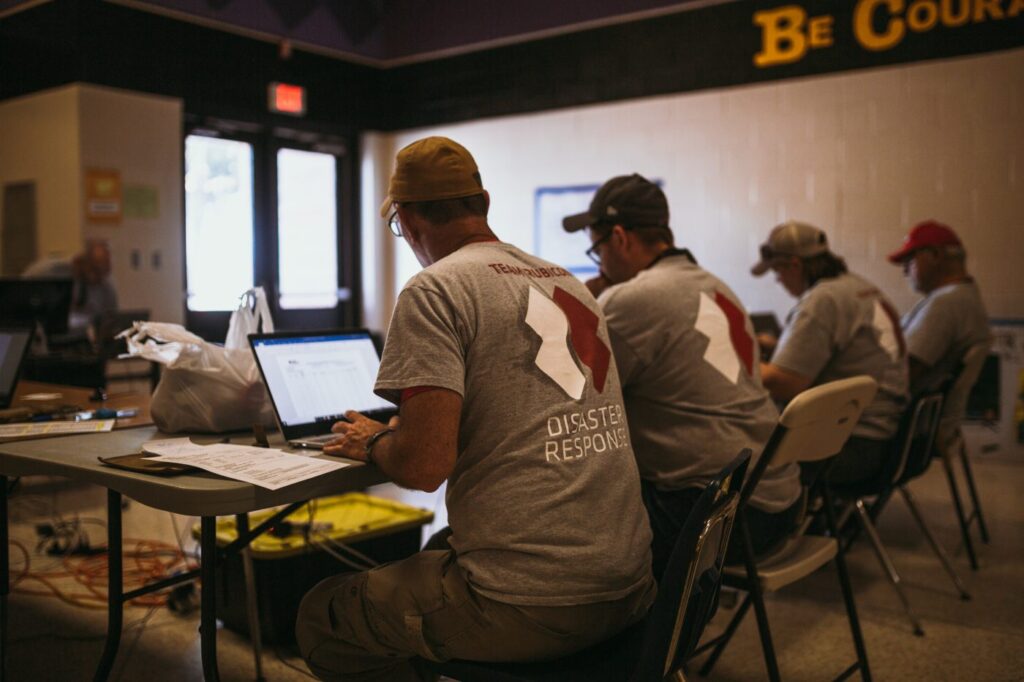Here are some fun facts, we’ve completed 1.59k trainings in the state of Georgia. Georgia also has a population of about 3.7 million, had an estimated GDP of $15.23 billion in 2017, and was unified and established in 1008 AD in the Caucasus of Eurasia. Oh sorry, you thought I meant Georgia State? Yeah, me too. But if you look at our training metrics on the Open Initiative we’ve definitely, for sure and without a doubt, done 1.59k trainings there… In preparation of yet another round of Hurricane response operations we delved into our data to support our operational strategy. It’s in cases like this where these comical errors can actually become issues. We need to be certain that the data we are using is the truth.
I’m going to let you in on a little secret. Computers are really really powerful. Computers do a lot of math really well and really quickly. But they’re also really really dumb and literal.
A part of being upfront with our Open Initiative is also identifying when and where we don’t exactly nail it. If you poke around some you may see some other weird little hiccups here and there. Like, in Puerto Rico is it Canovanas? Cañovanas? Canovánas? Trick question, it’s Canóvanas. While our data is still way better than it was even 10 months ago we still have work to do. This means working on better data entry at all levels of the organization, catching mistakes earlier, scrubbing data, and making sure we’re drawing the right conclusions from what the data actually tells us.

This is more important than just being able to make bar graphs that look totally fetch (though that’s fun too). This also impacts the decisions we make. As TR continues to develop and become more sophisticated, the reliability of our data will be crucial. If we took the Georgia example literally, we’d likely be launching the next train-the-trainer in Tbilisi (my guess, Sawyer 2 Train-the-trainer).
We’ve talked about this before. And we’ll likely keep talking about it. Making sure that data is reliable and useable is a constant effort. No system is perfect after all. But we promise to strive to never make the same mistake twice and always make sure decisions and data are vetted appropriately. Everyone plays a part in this. From the greyshirt in the field telling us who needs what help and where in the field, to us here at HQ building out our strategic development plans.
So next time you’re in the field filling out a damage assessment, imagine yourself as the person, trying to figure out if 123 Remy Lane is actually Remy st, or is it avenue? Cul-de-sac?
Whatever, I’ll see y’all in Tbilisi.



